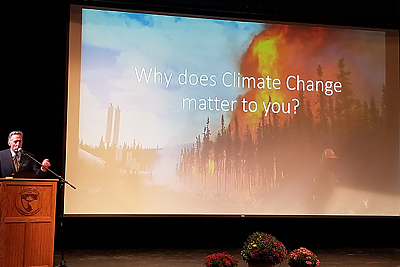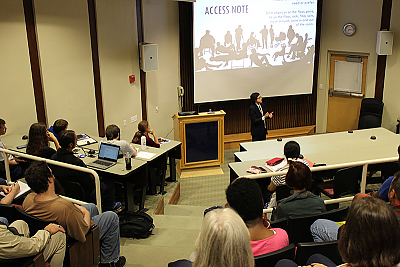Events take place in the Brooks M. O'Brien Auditorium/Lewis Academic Building, and are free and open to the public unless otherwise noted.
For more information, questions, or accessibility requests, please email Solvegi Shmulsky.
Spring 2024 Schedule
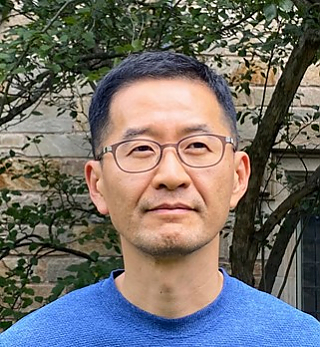
Wednesday, February 28, 5 p.m. ET
The Aftereffects of War on Contemporary Korean Art
Young Min Moon, Ed.M., M.F.A.
South Korean popular culture has taken the world by storm, from glamorous K-pop bands to award-winning filmmakers as household names. However, many people are not aware of the darker influence of the Cold War on Korean culture and art. With the Cold War as context, Moon will introduce his own artwork, and show how other contemporary South Korean artists navigate the difficult historical legacy of the Korean War and the two Koreas, North and South.
Young Min Moon is an artist, critic, and Distinguished Professor at the University of Massachusetts Amherst; a Guggenheim Fellow and Joan Mitchell Foundation Grant recipient whose work reflects his migration across cultures and the hybrid nature of identities forged amid the complex historical and political relationships between Asia and North America.
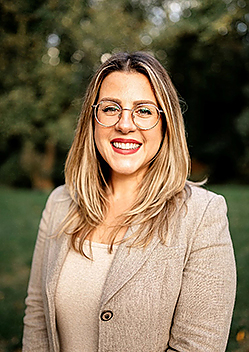
Wednesday, March 13, 5 p.m. ET
Feeling Included: The Role and Importance of Sense of Belonging on Student Success
Katherine Aquino, Ph.D.
A student's sense of belonging - their perceived belief of feeling included and valued within their community - is a key aspect of student success within the higher education setting. This sense of feeling included can be influenced by many factors, including students' involvement within the campus community, relationships formed in their academic and social activities, and their perceptions of their overall environment. As many elements can impact student retention and degree completion, it is vital to recognize the influence of belongingness on student motivation toward their higher education-related achievements.
This one-hour interactive presentation integrates research, theory, and audience engagement to discuss the importance of one’s sense of belonging within higher education and how each campus community stakeholder has a unique responsibility in creating a supportive and inclusive institutional environment.
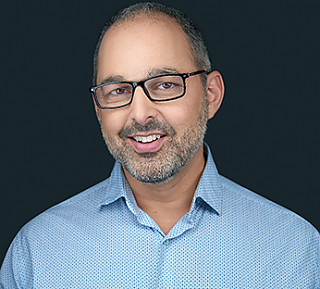
Wednesday, April 24, 5 p.m. ET
What is the meaning of the term "Artificial Intelligence" and why is this important?
Cyrus Shaoul, Ph.D.
Students, teachers and many other people from all walks of life are talking about AI or Artificial Intelligence right now. Unfortunately the meaning of the term AI is not clear to most people who are using it, and this is already causing numerous problems for our societies. This talk will cover the many possible meanings of the term AI, the best ways to think about various AI technologies, and the medium and long term implications of these technologies for the human race.
Cyrus Shaoul, Ph.D, is an entrepreneur, software expert and cognitive scientist whose is experienced in both basic scientific research and commercialization of AI technologies.
The College would like to thank Brattleboro Community Television for recording and broadcasting these presentations.
